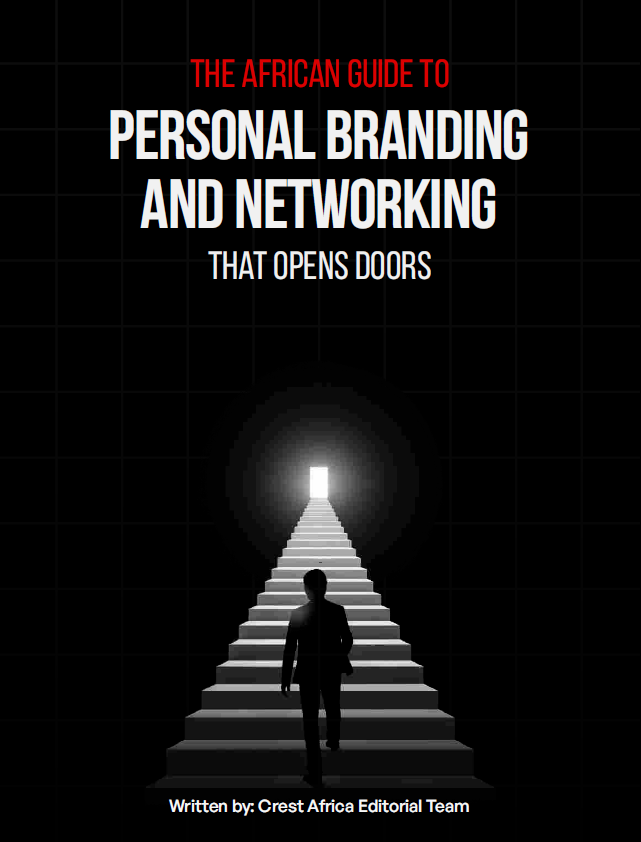In a major milestone for Zimbabwe’s clean-tech ambitions, Verify Engineering (Pvt) Ltd, a state-owned enterprise under the Ministry of Higher and Tertiary Education, Innovation, Science, and Technology Development, has recorded a zero-failure rate in its lithium-ion battery project after a full year of testing.
The batteries, which are production-grade and commonly used in mobile phones and small electronic devices, have been confirmed to have a lifespan of up to 10 years.
Engineer Pedzisai Tapfumaneyi, CEO of Verify Engineering, confirmed the results and praised the durability and scalability of the batteries.
“We are happy that the product went for some tests lasting the whole year, and we can confirm that only last month we recorded zero failure rate on the product,” Tapfumaneyi stated.
Zimbabwe holds the largest lithium reserves in Africa and ranks fifth globally in terms of lithium resources, according to reports by Herald.
With proper mining, processing, and export strategies, the country’s lithium deposits could become a critical source of foreign exchange and help advance its development goals.
Don’t Miss This:
Zimbabwe’s ZiG Currency Gains IMF Support for Sole Legal Tender Status
In addition to generating revenue, Zimbabwe could position itself as a key regional player in the production of lithium-ion batteries and other green technologies vital to the global transition toward clean energy.
Since December 2022, the government has banned the export of raw lithium concentrate under the Base Mineral Export Control Act, a move aimed at encouraging domestic processing, retaining more value within the country, and reducing smuggling.
Verify Engineering, which was established in April 2005 and currently supplies medical and industrial gases across Zimbabwe, including in Harare, Bulawayo, and Mutare, is now turning its focus to commercialising the battery project.
“I am sure you recall that we won an award for producing the lithium-ion battery, and we are pleased that the product underwent a year-long test, which we can confirm resulted in a zero failure rate last month. What this means is that the product is functioning well, with a normal lifespan of 10 years. We are now focusing on commercialising the product,”
Tapfumaneyi said in an earlier interview. To bring the battery to market, the company is seeking to raise approximately US$28 million to build a large-scale lithium-ion battery production facility.
The research and development phase of the project has already cost around US$500,000.
Verify Engineering’s success aligns with Zimbabwe’s broader beneficiation strategy.
The government has introduced measures to encourage local value addition, including a 5% tariff on unprocessed platinum, scrapping duties on imported processing equipment, and fast-tracking infrastructure development projects such as power plants and industrial parks.
One such initiative is the Mines-to-Energy Industrial Park planned for Mapinga, which will house battery-grade lithium manufacturing, graphite processing facilities, and electric vehicle battery factories, positioning Zimbabwe as a potential hub for clean energy solutions in the region.
Don’t Miss This:
Zambia and Zimbabwe Make New Push to Start $5 Billion Power Dam Project
Image Credit: Business Insider Africa



